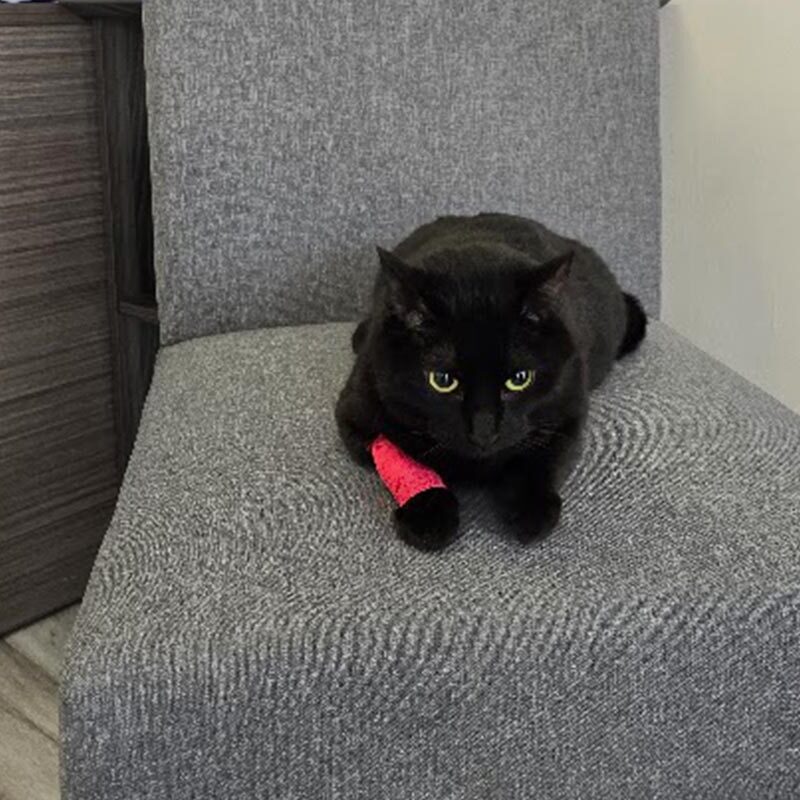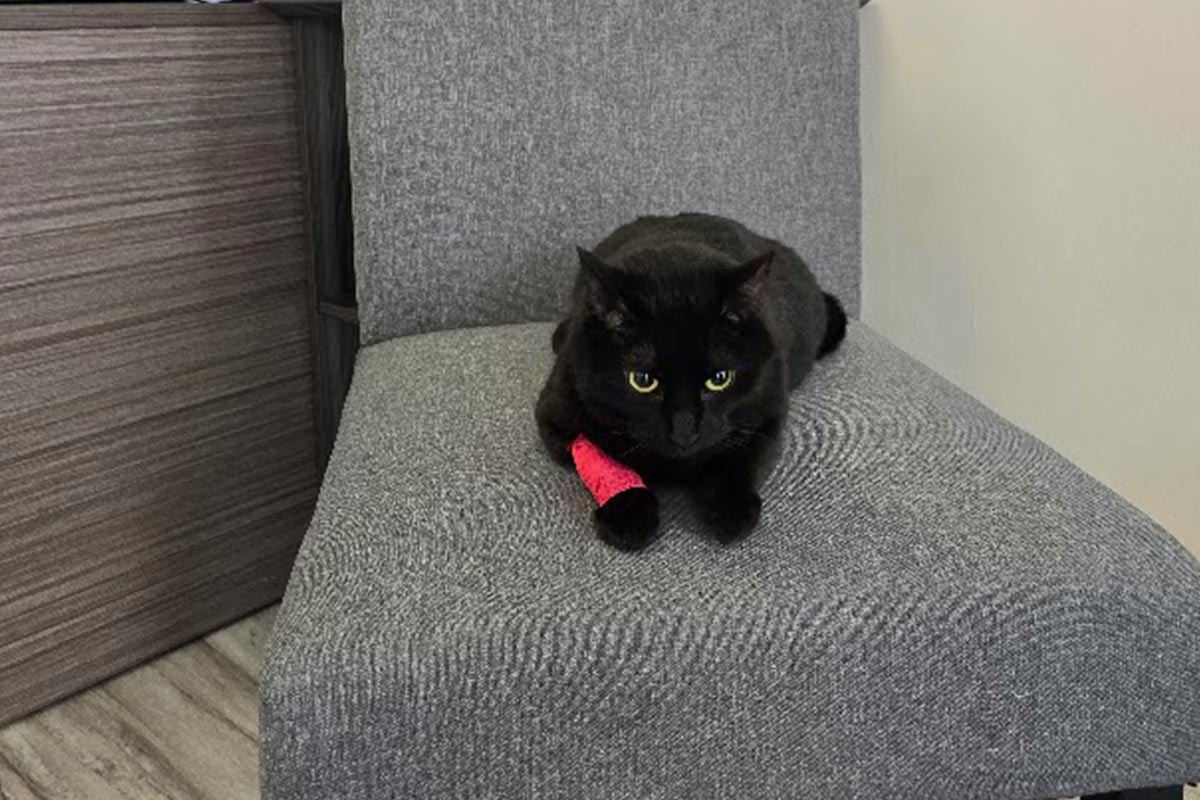Dental Surgery for Dogs and Cats in Spring, TX
Houston Pet Dental provides a wide range of dental surgeries for dogs and cats to treat deep-seated dental health issues, from periodontal disease (the most common disease needing treatment) to oral cancer (the fourth most common place for neoplasia). Our expert team understands that most dental problems in dogs and cats can fester without causing noticeable outward signs. This means many pets live with oral pain to some degree. With our focus on pet dentistry, we’re equipped to find and resolve many debilitating oral conditions and dramatically enhance each patient’s quality of life.
If your dog has a small lump or bump and you want it removed, you are in luck. Dr. Beggs has advanced reconstructive soft tissue surgery training and can help!
Your pet’s mouth could be hiding an underlying disease. Call (832) 702-7599 or book online to schedule a complimentary consultation!


Dental Procedures We Perform
There are very few dental concerns we can’t manage with our surgical services at Houston Pet Dental. Some conditions we can treat surgically include:
Periodontal Disease Management
Prevention and treatment to maintain oral health and comfort. Our goal is to keep teeth where they belong, not remove them!
Cat and Dog Dental Extractions
Including full mouth extractions and surgical removal of fractured teeth and retained roots.
Oral Surgery
Repair of oronasal fistulas, cleft palates, and select mandibular fractures.
Cancer and Growth Treatment
Removal of oral masses, biopsies, and histopathology to diagnose and manage oral malignancies.
Advanced Dental Care
Procedures such as crown amputations, bone grafting, and crown restoration.
Soft Tissue Surgeries
Including gingivectomy/epulis removal, facial and other dermal mass removal, and lip fold dermatitis treatment.
Each procedure is tailored to meet the specific needs of your pet, employing state-of-the-art techniques and technology to ensure an optimal outcome.
